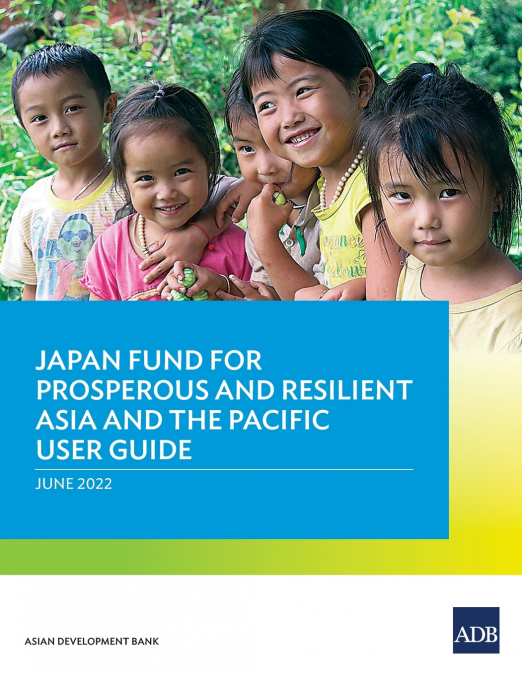
 Librería Perelló (Valencia)
Librería Perelló (Valencia)
 Librería Aciertas (Toledo)
Librería Aciertas (Toledo)
 El AlmaZen del Alquimista (Sevilla)
El AlmaZen del Alquimista (Sevilla)
 Librería Elías (Asturias)
Librería Elías (Asturias)
 Librería Kolima (Madrid)
Librería Kolima (Madrid)
 Donde los libros
Donde los libros
 Librería Proteo (Málaga)
Librería Proteo (Málaga)
This guide is designed to help Japan Fund for Prosperous and Resilient Asia and the Pacific (JFPR) clients develop proposals in accordance with JFPR requirements.JFPR is a partnership between the Government of Japan and ADB that helps people move above the poverty threshold and toward sustainable prosperity and resilience. The guide illustrates the requirements stipulated in the JFPR Implementation Guidelines. It provides best practices, examples, tips, and suggestions to help JFPR users and clients tailor proposals to the fund’s requirements to ensure smooth project processing and efficient implementation.